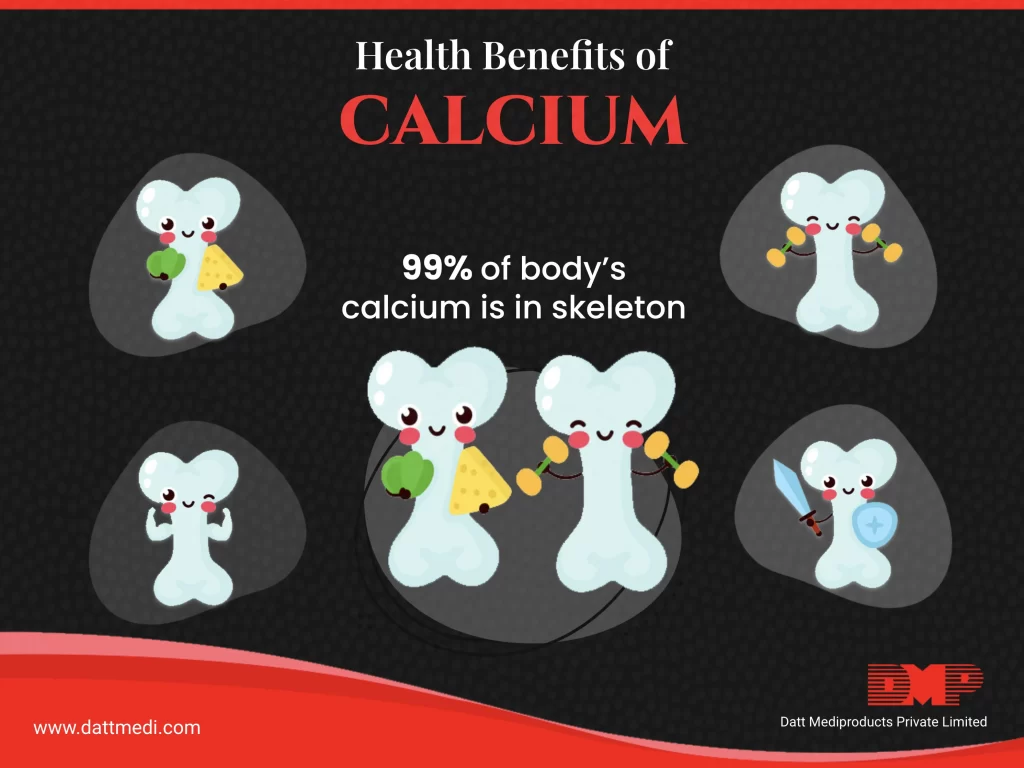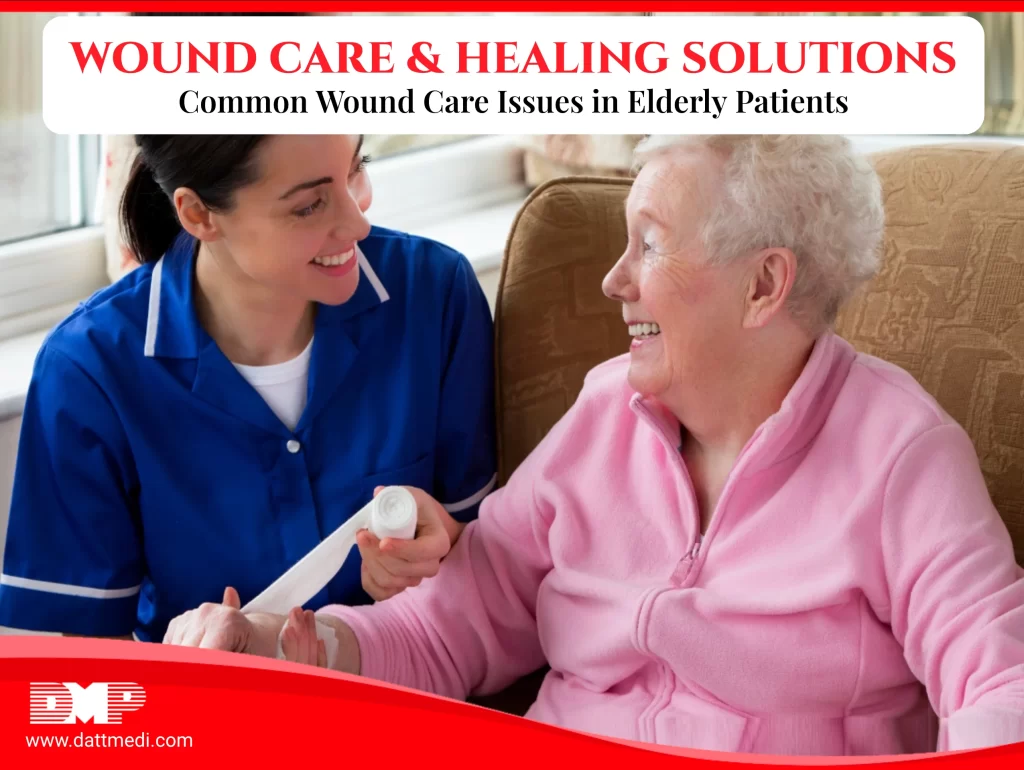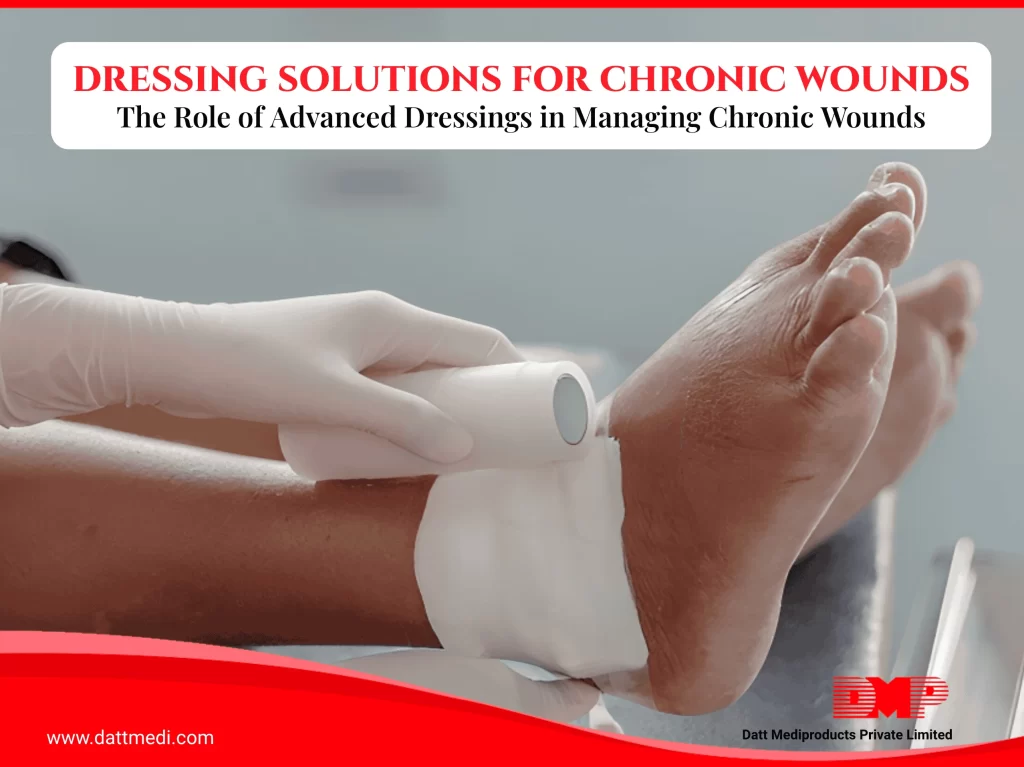
Calcium is an essential mineral for human life with several health benefits. Calcium is present in some foods, dietary supplements and other medicines.
Calcium has some cardinal roles to play in the human body, ranging from maintaining bone health, accompanying in blood clotting process to intracellular signal and hormonal secretion. Calcium even helps to regulate heart beat, and muscle contraction and relaxation.
Let us throw light on some of these roles:
CALCIUM & BONE HEALTH: Calcium is a key ingredient for our bones and joints. And not getting enough calcium in your diet may result in a silent disease “Osteoporosis” characterized by the loss of bone mass. It is important to note that calcium is essential for various bodily functions and if we don’t get enough in our diet, our body will take it from our bones to ensure normal cellular functioning, ultimately leading to weakened bones.
Do you know that 99% of the calcium in our bodies is in our bones and teeth?
CALCIUM & BLOOD PRESSURE REGULATION: A study published in the Journal of the American College of Nutrition “Calcium modulation of hypertension and obesity: mechanisms and implications” suggests that calcium is involved in regulating blood pressure as it controls the vascular smooth muscle cell contractility and modulates the peripheral vascular resistance.
CALCIUM & COLORECTAL CANCER: It has been documented in a study published in the Journal of National Cancer Institute, a prolonged calcium supplementation has positive effects on colorectal cancer as calcium protects people from developing polyps which form cancer.
CALCIUM & PREMENSTRUAL SYNDROME: PMS is an inevitable part of feminine life and calcium has been found to alleviate its various mind & body symptoms. Calcium affects the changes in ovarian hormones (estrogen, progesterone) and happiness neurotransmitters (serotonin, dopamine). Lower levels of anxiety, depression, water retention and body changes were seen in the group receiving calcium in a 2017 study published in the journal Obstetrics & Gynecology Science.
CALCIUM & KIDNEY STONES: When a crystallized form of calcium and other minerals deposits in the kidneys, it forms stones. A regular calcium intake in diet is shown to actually decrease the risk. Parathyroid glands regulate calcium levels in bones and blood. Calcium is even documented to reduce the high levels of parathyroid hormone in people with kidney failure.
CALCIUM & PREECLAMPSIA: Calcium supplementation reduces the risk of hypertensive disorders during pregnancy such as pre-eclampsia and eclampsia which are one of the main reasons of maternal deaths and preterm births. WHO recommends a daily calcium supplementation (1.5 g–2.0 g oral elemental calcium) for pregnant women with a low dietary calcium intake to reduce the risk of pre-eclampsia.
We @dattmediproducts understand the importance of this essential mineral for human health. Thereby we advise everyone to follow a calcium rich diet to supplement the deficiencies and lead a healthier life.




